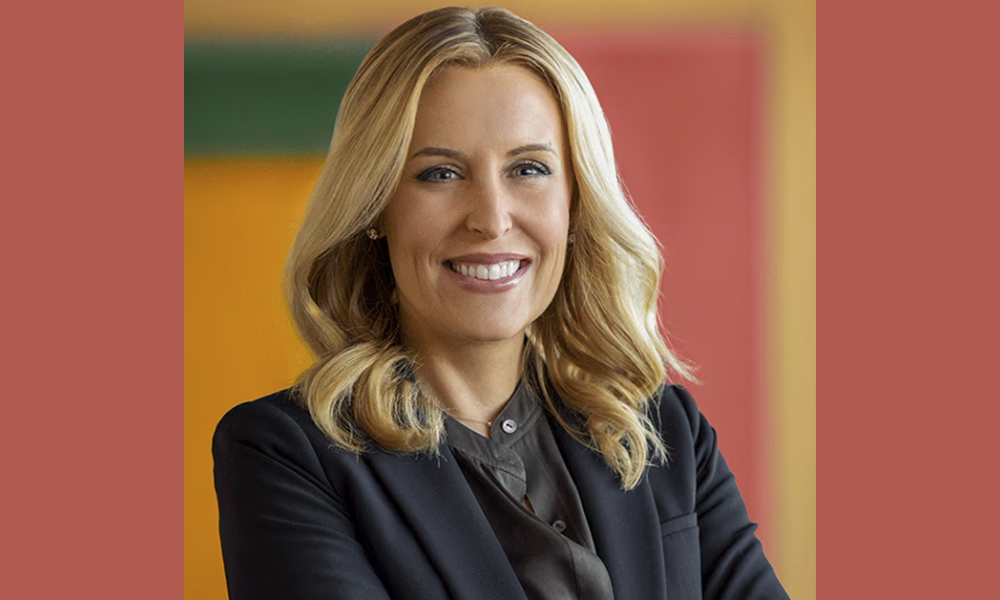

Hiring and retaining are major priorities for RIAs amid a crunch for talent that is on track to worsen in the coming years, Schwab's latest RIA 2024 Compensation report released today found.
Over the past five years, roughly three-quarters of firms have hired each year; a rate that Schwab says isn't projected to slow down.
Despite recruiting clients through referrals remaining a top priority, recruiting new staff ranked as the third-highest strategic priority and 73 percent of firms reported they planned to hire in 2024.
Findings from Schwab also found the median firm hired two staff for new roles added in 2023, a trend that continues to show momentum as several third-party and fintech firms that work with RIAs have looked to hire their own staff.
For example, Elevation Point, a growth-oriented wealth management firm, serving as a value-aligned partner for RIAs recently hired two new staff to focus on their operations and marketing.
“The world is looking for subject matter experts, but the best subject matter experts are challenging for a single RIA to afford,” said Jim Dickson, CEO and founding partner of the firm.
“Streamlining operations and delivering marketing are two fundamentals to how you grow. For us, they were easy hires to justify because not only are they great people and very talented but because they’re aligned with fundamentals of growth. As an investor, that’s how we make our returns,” he said.
Schwab found 1 in 3 firms are recruiting more experienced talent directly from other RIAs while 36 percent of firms are recruiting new talent from colleges and universities.
Jodie Papike, CEO of Cross-Search, said the findings are a result of the growth the RIA industry continues to face.
"If we look at the overall size of advisors and teams, assets have just continued to go up," she said. "With that comes more success, more needs within hiring, and more capital within firms than ever before."
Based on current growth rates and the number of RIAs, the industry will need to hire more than 70,000 new staff over the next five years, without accounting for any attrition, retirements or new firms, said Lisa Salvi, head of business consulting and education at Schwab Advisor Services.
“We're at about $9 trillion in the RIA industry right now. We think that with the current growth rates, that would project out to be at least $20 trillion in the next 10 years,” Salvi said. “There's a lot that firms need to do to continue to stand out. That's where we can turn to some of the insights from the report to tell us the practices that will be most effective.”
One such practice is an employee value proposition (EVP) which is key to attract and retain talent, Salvi said. Top performing firms often have a documented EVP that highlights what a firm offers its employees in return for the skills, capabilities, and experiences they bring.
An EVP is a firm’s talent brand in the marketplace and showcases elements that appeal to both the head and the heart that resonate with the firm’s ideal employee.
Compensation, benefits, and a mission statement with culture and values are integral to an EVP, according to Schwab’s findings.
Schwab’s research indicates that just over half of RIA firms (51 percent) have developed an EVP.
“One of my top recommendations would be take the time to sit down and really think of your entire package, not just the compensation. You need to be competitive on compensation. You need to be competitive on benefits,” Salvi said. “What else are you going to offer to make sure people want to choose your firm and stay with your firm too?”
RIAs could also get more creative with benefits, such as unlimited paid time off and perks like pet insurance or taking a day to go horseback riding in the summer could help “sweeten the deal,” she said.
“It's a good thing to ask your employees often what matters for them and making them feel both understood and rewarded for the work they do,” she added.
Equity ownership is also emerging as a strategy for talent retention, particularly for top-performing firms, those with 2x revenue growth over 5 years.
One-third of employees in the RIA industry hold equity stakes, with two-thirds among firms with over $5 billion in assets under management. Firms offering equity also tend to attract younger professionals, with half of top-performing firms’ equity owners under the age of 50.
“It’s still a very aging profession, but firms have done a really good job of retaining and starting to grow talent under 50. In fact, 46 percent of employees are under 40 in RIAs today,” Salvi said.
“There's a lot of opportunity, and I think growing that talent into the future leaders is going to be key.”

Most firms place a limit on advisors’ sales of alternative investments to clients in the neighborhood of 10% a customer’s net worth.

Those jumping ship include women advisors and breakaways.

Firms in New York and Arizona are the latest additions to the mega-RIA.

The agent, Todd Bernstein, 67, has been charged with four counts of insurance fraud linked to allegedly switching clients from one set of annuities to another.

“While harm certainly occurred, it was not the cataclysmic harm that can justify a nearly half billion-dollar award to the State,” Justice Peter Moulton wrote, while Trump will face limits in his ability to do business in New York.
Orion's Tom Wilson on delivering coordinated, high-touch service in a world where returns alone no longer set you apart.
Barely a decade old, registered index-linked annuities have quickly surged in popularity, thanks to their unique blend of protection and growth potential—an appealing option for investors looking to chart a steadier course through today's choppy market waters, says Myles Lambert, Brighthouse Financial.
